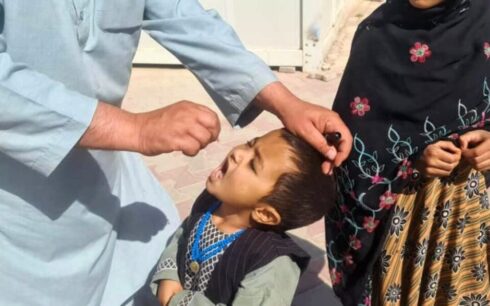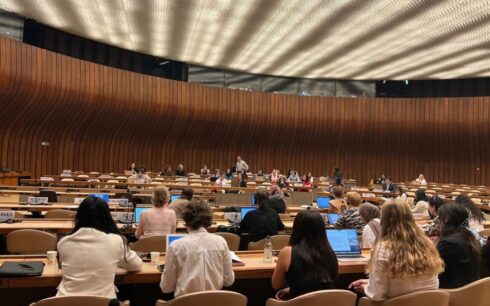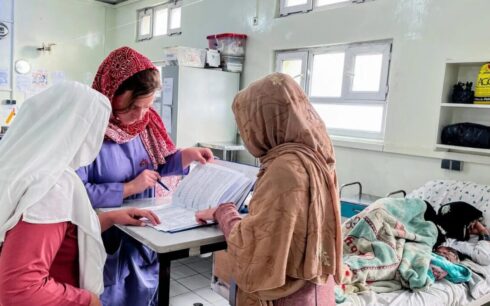The Taliban’s policies are putting women’s health at risk, according to a new report from the U.S. Special Inspector General for Afghanistan Reconstruction (SIGAR). The report cited Taliban leader Haibatullah Akhundzada’s December 2023 decree banning women from medical training programs, including nursing and midwifery, effectively cutting off their last remaining pathway to higher education.
“The edict endangers women who cannot be treated by male medical providers without a male guardian present—or at all,” the report stated. It cited estimates from UN Women predicting that maternal mortality in Afghanistan could rise by 50 percent by 2026.
The report also linked the restrictions to the Taliban’s so-called Morality Law, noting that in December 2024, Taliban authorities issued three additional directives further limiting women’s access to education, employment, and humanitarian aid. One directive required windows looking into women’s spaces to be covered, effectively isolating women from public life.
“These latest restrictions follow a pattern of intensified measures to control the Afghan populace,” the report said.
Taliban Overhauls Education System With Focus on Religious Schools
The report also raised concerns that the Taliban’s expansion of madrassas—religious schools—is undoing two decades of progress in Afghanistan’s public education system.
The Taliban is shifting the country’s education model away from standard curricula, replacing many regular schools with madrassas that emphasize religious instruction while de-emphasizing subjects such as science and mathematics, SIGAR reported.
Malnutrition Crisis Worsens for Children and Pregnant Women
Afghanistan has long struggled with malnutrition, but SIGAR warned that Taliban policies are exacerbating the crisis by undermining humanitarian efforts to deliver food and medical aid.
Citing data from the International Federation of Red Cross and Red Crescent Societies (IFRC), the report attributed the worsening conditions to prolonged drought, natural disasters, displacement, rising living costs, food insecurity, and widespread unemployment.
“The Taliban’s restrictive policies and edicts have undermined humanitarian efforts to provide food and nutrition, further endangering vulnerable Afghans,” the report stated.
According to SIGAR, recent studies show that children, pregnant women, and breastfeeding mothers are particularly at risk. The report noted that malnutrition can present in several forms, including wasting, stunting, being underweight, and micronutrient deficiencies.





